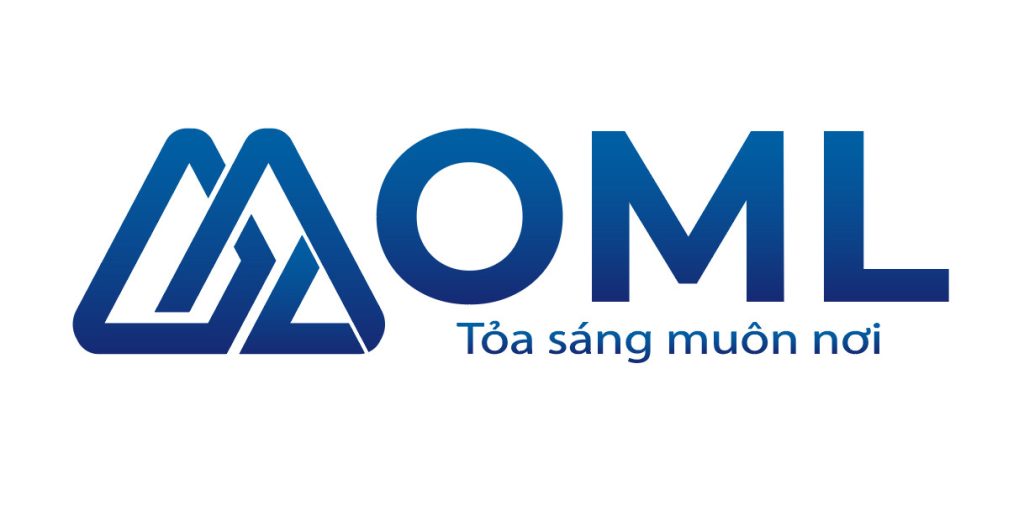Chưa được phân loại
The Psychology Behind Why Gamblers Love Playing Money Coming Expanded Bets
The Psychology Behind Why Gamblers Love Playing Money Coming Expanded Bets
Understanding the Thrill of Expansion
Gambling has long been a pastime for many people around the world. Whether it’s playing slots, table games, or sports betting, gamblers are often drawn to the thrill and excitement that comes with risking their money in pursuit of winning big. One specific aspect of gambling that has become increasingly popular is "money https://moneycomingexpandedbets.com/ coming" or "expanded bets". This refers to a type of bet where players can increase their potential winnings by placing additional chips on top of their initial stake.
For many gamblers, playing money coming expanded bets taps into the psychological aspects of risk-taking and reward-seeking. By increasing their potential payouts, players feel a sense of excitement and anticipation as they watch their initial stake grow. This is closely tied to the concept of variable ratio scheduling (VRS), which suggests that intermittent rewards increase motivation and reinforce behavior.
The Role of Dopamine
Dopamine is often referred to as the "reward neurotransmitter" because it plays a crucial role in motivating us to engage in behaviors that yield pleasure or satisfaction. In the context of gambling, dopamine release is associated with winning, but also with the anticipation of winning. When gamblers place money coming bets, their brains are flooded with dopamine as they anticipate the potential for greater rewards.
Research has shown that dopamine release occurs even before a gambler wins, simply by anticipating the possibility of winning. This anticipatory reward response can create a cycle of craving and pursuit of risk-taking behavior, particularly if the gambler experiences regular wins or near-misses. In the case of money coming expanded bets, the increased potential for rewards activates the brain’s reward system, releasing even more dopamine as the player watches their stake grow.
Cognitive Biases at Play
Gamblers often engage in a range of cognitive biases when playing money coming expanded bets. These biases can be attributed to the way our brains process probabilities and make decisions under uncertainty. Some common biases include:
- The Gambler’s Fallacy : Gamblers tend to believe that past events will influence future outcomes, which leads them to underestimate their actual odds of winning.
- Hindsight Bias : Once a player experiences a win or near-miss, they often overestimate the likelihood of their actions contributing to the outcome.
- Optimism Bias : Players tend to believe that their next bet has a higher chance of success due to past wins.
The Illusion of Control
When playing money coming expanded bets, gamblers may feel as though they have more control over the outcome. This illusion of control is closely tied to the idea of "illusion of skill", where players attribute their wins or near-misses to their own abilities rather than luck. By placing additional chips on top of their initial stake, gamblers may believe that they are increasing their chances of winning.
However, this illusion can lead to a range of negative behaviors, including increased risk-taking and decreased self-control. Players become trapped in a cycle of pursuit, convinced that the next bet will yield greater rewards.
The Draw of "Near-Miss" Experiences
One fascinating aspect of money coming expanded bets is the draw they have on gamblers experiencing near-misses. A near-miss occurs when a player narrowly misses winning due to factors such as unfavorable odds or bad luck. Near-misses can be particularly memorable and often trigger strong emotional responses, including anxiety, relief, or even euphoria.
Research has shown that gamblers tend to repeat behaviors associated with near-misses in pursuit of the elusive win. In the context of money coming expanded bets, players may feel compelled to continue placing additional chips on top of their initial stake due to a perceived increase in potential rewards. However, this repeated exposure can contribute to habit formation and increased reliance on these types of bets.
A Closer Look at Cognitive Flexibility
Cognitive flexibility refers to the ability to adapt and adjust our thoughts, feelings, or behaviors in response to changing circumstances. In the context of money coming expanded bets, players must often balance competing goals, such as seeking rewards with avoiding financial loss. When gamblers experience near-misses or losses, their brains may employ various coping mechanisms, including rationalization or self-blame.
However, if these strategies fail to yield desired outcomes, players may switch to riskier behaviors, placing more bets or increasing the size of their wagers in pursuit of a "lucky break". This pattern is often described as "chasing losses", where gamblers attempt to recoup past losses by engaging in increasingly reckless behavior.
Conclusion
Money coming expanded bets tap into fundamental psychological processes that drive human motivation and reward-seeking. By understanding these mechanisms, we can better appreciate the complexities involved in gambling and its impact on individuals and society. Gamblers are drawn to these types of bets due to a combination of factors, including variable ratio scheduling, dopamine release, cognitive biases, illusion of control, near-miss experiences, and limited cognitive flexibility.
As researchers continue to explore the intricacies of human behavior under uncertainty, we can gain valuable insights into why gamblers love playing money coming expanded bets. By acknowledging these psychological drivers, we may also be able to develop more effective strategies for promoting responsible gambling practices and preventing problem gaming behaviors.
